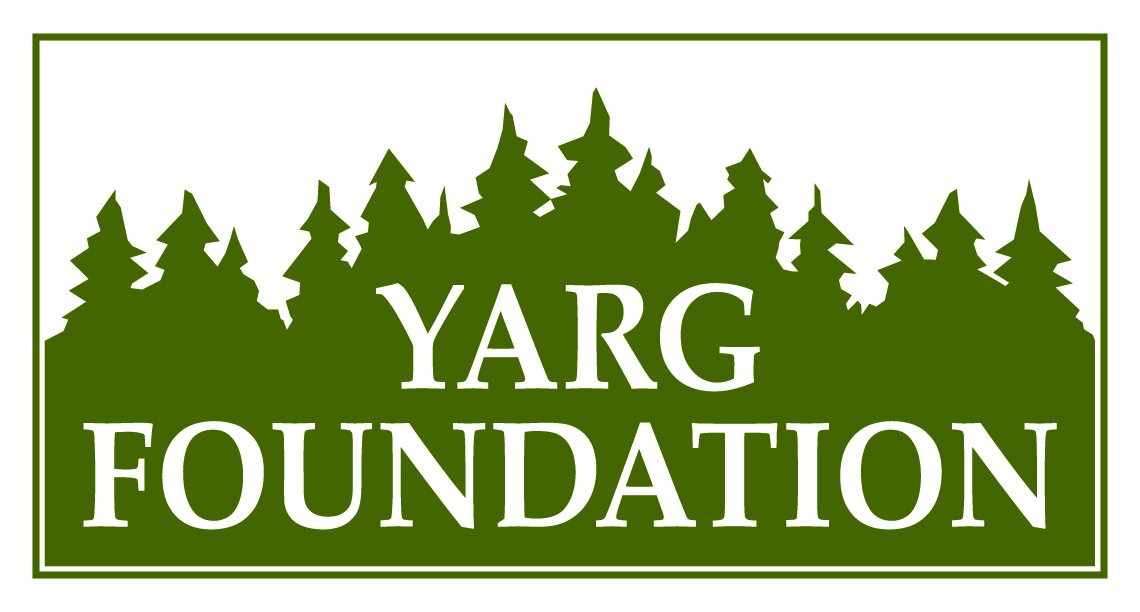
Youth Intervention
Grant Program
Yarg Foundation did statewide outreach and launched a successful Request for Proposals (RFP) Summer 2023. We received just over 50 qualified proposals from around the state that all focused on Yarg’s priority populations for this funding: BIPOC youth, Youth Impacted by Parental Incarceration (YIPI), and Rural Youth.
The goal of the grant program is reducing the trauma and obstacles caused by engagement with the criminal legal system by supporting youth empowerment programming in Oregon that is strengths- based, culturally responsive, and is designed to provide a positive intervention at a critical, or vulnerable point in a young person’s life between the ages of 4-19.
Yarg narrowed to 24 finalist programs that were reviewed by a community grant review panel made up of community members and young people who reflect the populations served by these programs across the state. Forty percent of the grant review panel were youth ages 16-22 years old; 50% live outside of Portland metro; 50% had either (or both) an incarcerated family member or were formerly incarcerated themselves; 90% either participate in or work for a youth empowerment program; 80% identify as BIPOC. The community grant panel selected the top 11 proposals to be funded by Yarg Foundation for three-years beginning in 2023.
Yarg Justice Reform Youth Intervention Grantees 2023-2025
Full Awards: Three years/ $60,000 per year
African Refugee Immigrant Organization (Multnomah, Clackamas, Washington)
The Insight Alliance (MacLauren and Oak Creek)
Latino Community Association: RAICES program (Deschutes, Jefferson, Crook)
Mano a Mano: Latino Unidos Siempre & Youth Empowerment Program (Marion)
Northwest Alliance for Alternative Media & Education: Key, Beats, Bars (MacLauren+ Multnomah, Marion, Linn, Josephine)
Pathfinders of Oregon dba The Pathfinder Network (Multnomah)
Samoa Pacific Development Corporation:
Pacific Islander Youth Empowerment Program (Jackson)
Transformative Justice Community: Resilience Project (Marion)
YWCA of Greater Portland: Family Preservation Project (36 counties)
Partial Awards: Three years/ $30,000 per year
Community Outreach through Radical Empowerment (CORE) (Lane)
Word is Bond: Rising Leaders Program (Multnomah, Clackamas, Washington)
We are grateful for foundation partners: Gray Family Foundation, Meadow Fund, Northwest Health Foundation and Neuner Fund at Oregon Community Foundation for supporting the Youth Intervention grant program through collaboration, funding and expertise.
Grant Program Objectives
To strengthen and build the capacity and sustainability of organizations that:
• Use strategic interventions at critical moments for youth with goals to:
Lessen use of incarceration for youth
Reduce young people’s likelihood of reoffending
Increase use of alternative-to-incarceration programs like restorative justice
Increase use of prevention strategies that interrupt incidences of youth being involved with the criminal legal system
Increase support for youth who are/ have been impacted by parental incarceration
• Increase advocacy opportunities for eligible youth-serving programs to leverage more far-reaching impacts
• Reduce the disparities of outcomes between black youth and other youth of color and their white peers.
Terms as defined by Yarg:
BIPOC Youth - inclusive of youth identifying as Black, Indigenous, or a Person of Color
Youth Impacted by Familial Incarceration- has a parent or parental figure who was, or is currently, incarcerated
Rural Youth - defined by living in a community with populations of 35,000 or less and not adjacent to (or part of) an urban or metropolitan area of 50,000 or more
Culturally-responsive - a service that is respectful of, and relevant to, the beliefs, practices, cultures and linguistic needs of diverse consumer or client populations and communities whose members identify as having particular cultural or linguistic affiliations by virtue of their place of birth, ancestry or ethnic origin, religion, preferred language or language spoken at home. A culturally responsive service has the capacity to respond to the issues of diverse communities and require knowledge and capacity at systemic, organizational, professional and individual levels of intervention. Definition from Justice Reinvestment Equity Program Senate Bill 1510
Trauma-informed - in which all parties involved recognize and respond to the impact of traumatic stress. https://www.nctsn.org/trauma-informed-care.
